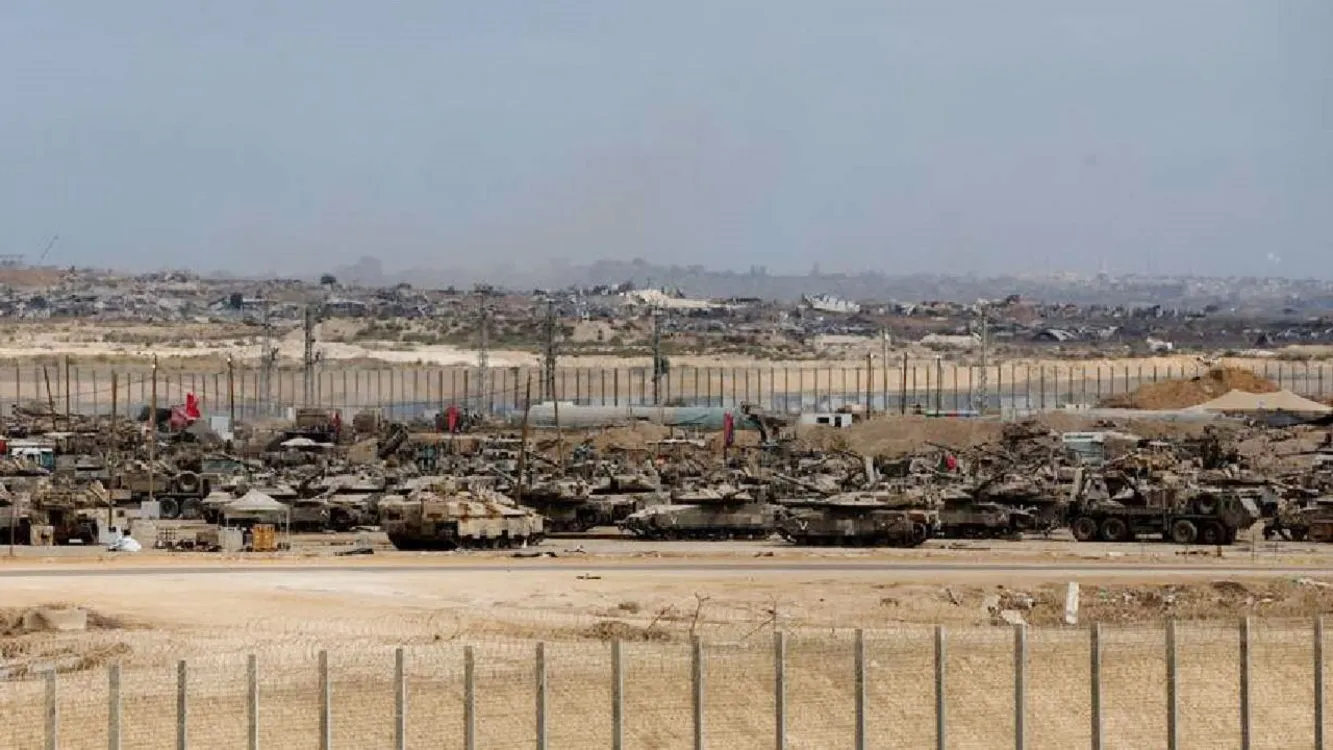- National
- Bangladesh
- Business
- International
- Sports
- Entertainment
- Politics
- Technology
- Life Style
- Religion
- Opinion
Tuesday, 03 March 2026



An initial ceasefire in the Gaza conflict is set to take effect within 24 hours of the Israeli cabinet's formal approval of a deal with Hamas, which occurred in the early hours of Friday. The agreement, brokered with the help of the US, Egypt, and Qatar, marks the most significant breakthrough in the two-year war and is intended to be the first phase of a broader peace plan.
Hostilities are expected to cease within 24 hours of the Israeli government's ratification of the deal. Following the 24-hour window, a 72-hour period is slated to begin for the release of the approximately 20 remaining living Israeli hostages held by Hamas, alongside the return of the remains of an estimated 28 deceased hostages. In exchange, Israel will release nearly 2,000 Palestinian prisoners, including 250 serving life sentences.
As part of the first phase, Israeli forces are expected to make a partial withdrawal, pulling back from urban centres to an "agreed upon line," while retaining control of roughly 53% of the Gaza Strip.
Humanitarian aid is set to be "surged" into Gaza to address the severe crisis and famine concerns, with UN and international organizations ready to rush supplies.
The announcement by US President Donald Trump and subsequent confirmation by both Israeli and Hamas officials has been met with relief and cautious celebration in Gaza and among hostage families in Israel, despite two previous ceasefire deals having failed to hold.
While the immediate steps are welcomed, major complexities remain, including the full timeline for a complete Israeli withdrawal, the disarmament of Hamas, and the ultimate governance structure for post-war Gaza. The deal's success hinges on full implementation and addressing the deeper, long-term issues of the conflict.
Source: The Guardian
Comment